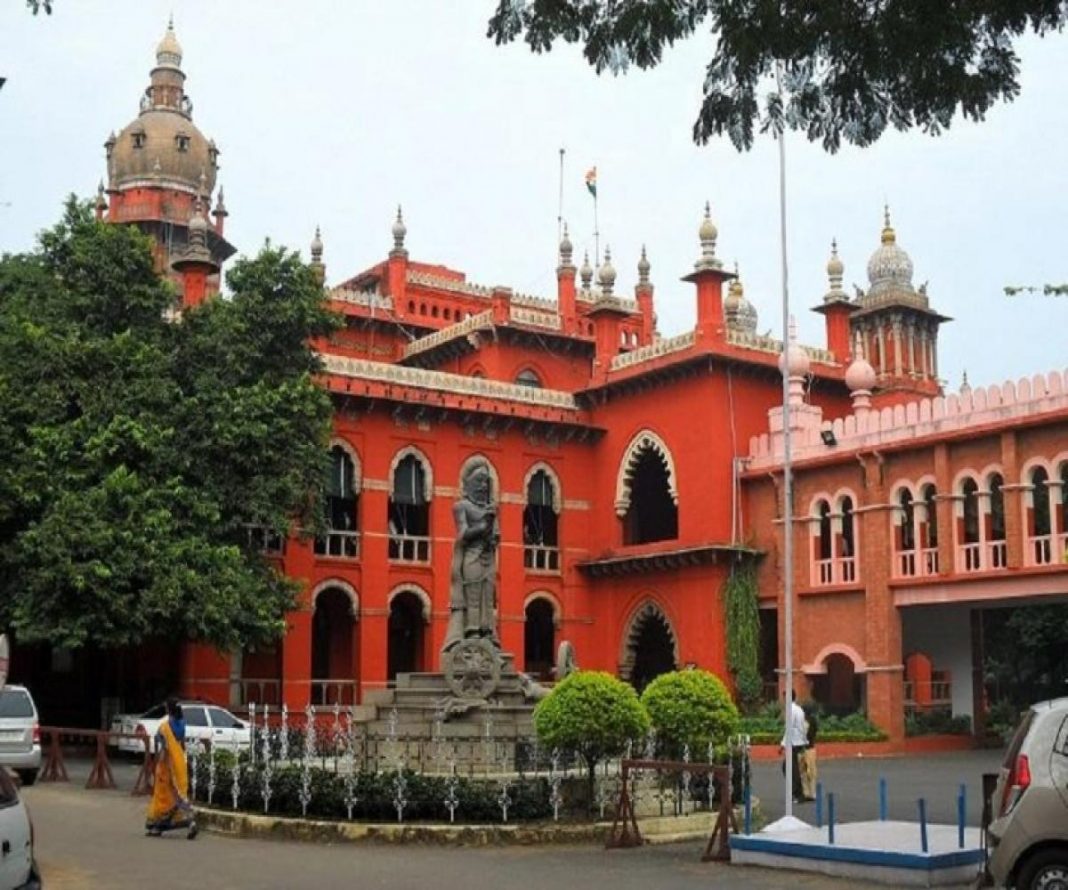The Madras High Court has dismissed a Public Interest Litigation (PIL) filed seeking directions to ensure adequate food security and availability of hygienic restrooms and affordable food centres/motels such as Amma Unavagam or Government Aided Canteens every 25 kilometres along National and State Highways of Tamil Nadu.
The Petition has been filed by one Ayyaa. To seek the direction aforesaid, a reference of the letter dated 18.01.2018 issued by the Ministry of Road Transport and Highways, Government of India has been given to the Court. The aforesaid letter is to provide toilet units at all retail outlets along the National Highways under Swachha Bharat Mission.
To support the petition, a reference to certain news items has been given, which talks of the service of food at higher rates, which is not the subject matter of the letter dated 18.01.2018.
The Division Bench of Chief Justice Munishwar Nath Bhandari and Justice N. Mala noted that no circular has been placed on record to show the mandate to open food centres/motels at every 25 kilometre in the National and State Highways.
“The petition seems to have been filed based on the news item flashed in certain newspapers without making a research that there is a mandate to open Amma Unavagam or Government Aided Canteens at every 25 kilometer stretch in the respective National and State Highways,” held the Court.
The Bench finds that public interest litigations are filed casually despite a direction of the Apex Court that it should be only after proper research, as laid down in the case of S.P. Anand vs. H.D.Deve Gowda, (1996) 6 SCC 734, wherein it has been held that a person filing a public interest litigation owes it not only to the public but also to the Court that he does not rush to the Court without undertaking any research to raise the issues in the public interest litigation. The Apex Court warned, “A good cause can be lost if petitions are filed on half-baked information without proper research or by persons who are not qualified and competent to raise such issues as the rejection of such a petition may affect third party rights.”
Further, the Court relied on the Apex Court Judgment in B.P. Singhal v. State of T.N. and Others, (2004) 13 SCC 673, while dealing with a public interest litigation, dismissed it on the ground that it lacked material particulars and the averments made were by and large based merely on newspaper reports and not personal knowledge. It was observed that the petitioner did not even state that he had taken any step to verify the correctness of the averments made.
The High Court further cited another decision in the case of Dr.B.Singh v. Union of India and Others, (2004) 3 SCC 363, the Apex Court emphatically held that it was too much to attribute authenticity to any information merely because it was published in a newspaper or a journal or a magazine. In matters of Public Interest Litigation, the Supreme Court has time and again cautioned that the Court has to be satisfied about (a) credentials of the petitioner; (b) prima facie correctness or nature of information given by him; and (c) the information should not be vague and indefinite.
Therefore it is observed by the Court that in the case on hand, the basis for filing the public interest litigation is the news item flashed in certain newspapers. The petitioner has not taken any effort to verify the authenticity of the said news or the correctness of the allegations levelled by him.
“Insofar as restrooms are concerned, the petitioner has again referred to the news item which appeared in the newspapers without making a research on his own to bring certain examples where the restrooms in the retail outlet are not in the size required and are not maintained in proper hygiene.”
In view of the above, the Bench found that the petition has been filed basically in reference to certain news items without verification of the fact. The Court found no basis to issue directions of the nature sought by the petitioner.


